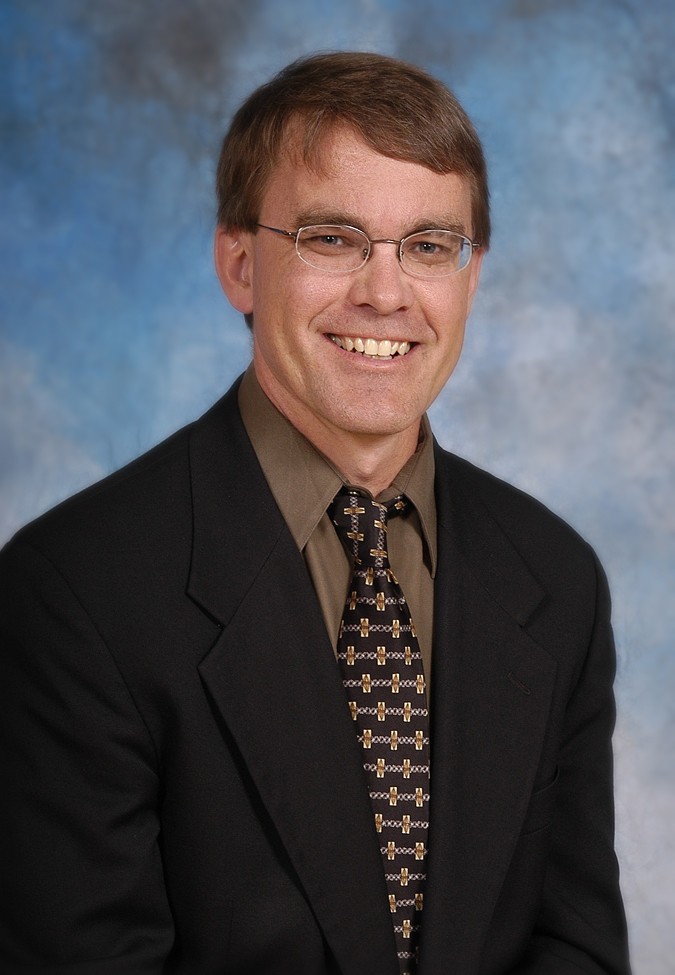
National Depression Centers Network Includes UC, Lindner Center of HOPE
CINCINNATIFor decades, national networks of centers of excellence have fostered breakthroughs, information sharing and rapid translation of new treatments into clinical settings for cancer and cardiovascular patients.
Now, 14 university-based departments of psychiatry and associated multi-disciplinary colleagues, including the University of Cincinnati (UC) and the Lindner Center of HOPE, have joined together to establish the National Network of Depression Centers (NNDC) to battle depression and bipolar illness with the same intensity.
Department chairs from some of the nations most prestigious universities met for a charter adoption ceremony Oct. 24 at the University of Michigan Comprehensive Depression Center, where the idea for a national network of depression centers first took shape. The ceremony established a charter for the NNDC, a tax-exempt organization patterned after the National Comprehensive Cancer Center Network, and signaled the formal commencement of the network.
In addition to UC and the Lindner Center of HOPE, a nonprofit, comprehensive mental health facility in Mason, Ohio, that is affiliated with the UC College of Medicine, charter members of the NNDC are Columbia University; Duke University; Emory University; Harvard University; Johns Hopkins University; Stanford University; the University of California, San Francisco; the University of Colorado Denver Comprehensive Depression Center; the University of Louisville; the University of Michigan Comprehensive Depression Center; the University of Pennsylvania; the University of Texas Southwestern Medical Center; and Weill Cornell Medical College.
We are pleased to partner with these other excellent universities to create a much-needed national network of depression centers, says Stephen Strakowski, MD, chair of the psychiatry department at UC and an international expert in the management of bipolar disorder and depression. This fits with our departments strategic plan to capitalize on our nationally recognized strengths in this area in order to create a depression center of excellence that provides the top treatment, research and education in the region.
In addition to the psychiatry department at UC, Strakowski says there are plans to include multiple other departments and UC-affiliated institutions in the endeavor, including the Lindner Center of HOPE that will play a leading role. Opened in August 2008, it offers inpatient and outpatient services for a full range of mental illnesses, including depression and bipolar disorder. It operates in a research and teaching partnership with UCs psychiatry department.
Paul Keck Jr., MD, president and chief executive officer of the Lindner Center of HOPE, is a leading researcher in bipolar disorder and psychopharmacology and executive vice chairman of the psychiatry department at UC.
Depression and related illnesses remain the No. 1 public health problem in the country. It is crucial that the nation addresses this issue, says Keck. The universities and institutions involved in the National Network of Depression Centers are taking a vital first step to improve the lives of people living with depression and bipolar disorder.
As a treatment and research facility established with patient care at the core of our mission, the Lindner Center of HOPE is pleased to join with the department of psychiatry as a charter member of this network.
The NNDC says its mission is to improve the quality, effectiveness and availability of depression and bipolar illness diagnosis, treatment and prevention so people can live better lives. Rabindar Subbian, chief operating officer, says the networks plans for 2009 include:
Helping establish comprehensive depression centers through a Center Assistance Program that will offer assistance ranging from business planning to fundraising models, marketing and membership protocols.
Encouraging and funding large-scale collaborative research initiatives and developing protocols for cooperation.
Working to integrate care for depression, bipolar and related illnesses in primary care.
Ultimately, the network will work to have a depression center within 250 miles of every person in the United States.
With these centers working together, the sky is the limit, says John Greden, MD, executive director of the University of Michigan Comprehensive Depression Center. Stigma also will dramatically lessen. We can conquer these disorders.
Related Stories
Ohio could soon make breast cancer screenings more affordable
May 9, 2025
The University of Cincinnati Cancer Center's Ann Brown was featured in Local 12 and Cincinnati Enquirer reports on a bill introduced by Rep. Jean Schmidt in the Ohio legislature that seeks to eliminate out of pocket medical expenses such as copays and deductibles associated with supplemental breast cancer screenings.
Preparing students for artificial intelligence in education
May 8, 2025
Laurah Turner, PhD, associate dean for artificial intelligence and educational informatics at the University of Cincinnati's College of Medicine, recently joined the For The Love of EdTech podcast to discuss the usage of personalized learning and AI coaches to enhance educational experiences.
UC lab-on-a-chip devices take public health into home
May 8, 2025
University of Cincinnati engineers created a new device to help doctors diagnose depression and anxiety. The “lab-on-a-chip” device measures the stress hormone cortisol from a patient’s saliva. Knowing if a patient has elevated stress hormones can provide useful diagnostic information even if patients do not report feelings of anxiety, stress or depression in a standard mental health questionnaire.
